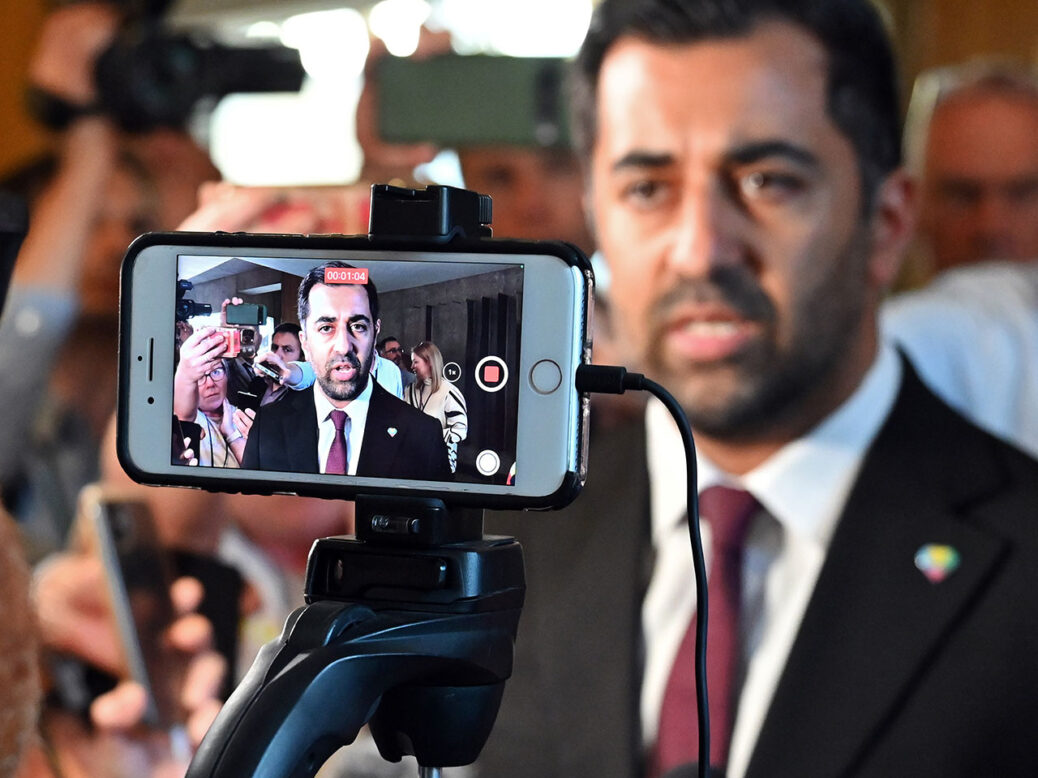
All SNP eyes are on 15 October, when its party conference begins in Aberdeen. It is here, Humza Yousaf has said, that a bold new strategy for securing Scottish independence will be unveiled.
This itself will be the culmination of the “summer of independence” campaign that was initiated by the First Minister in late June, when party members gathered in Dundee for a special convention on the matter closest to their fiery tartan hearts. A few lively months of “leafleting, canvassing and regional assemblies” were promised.



